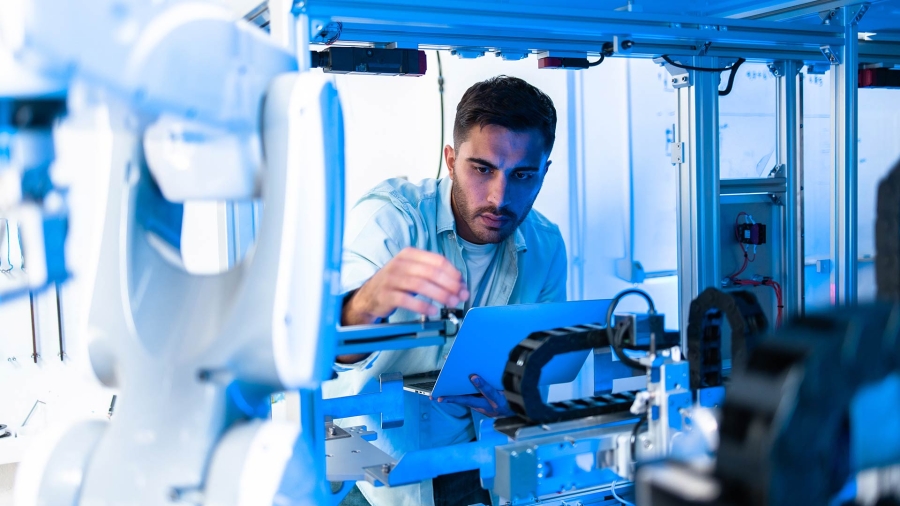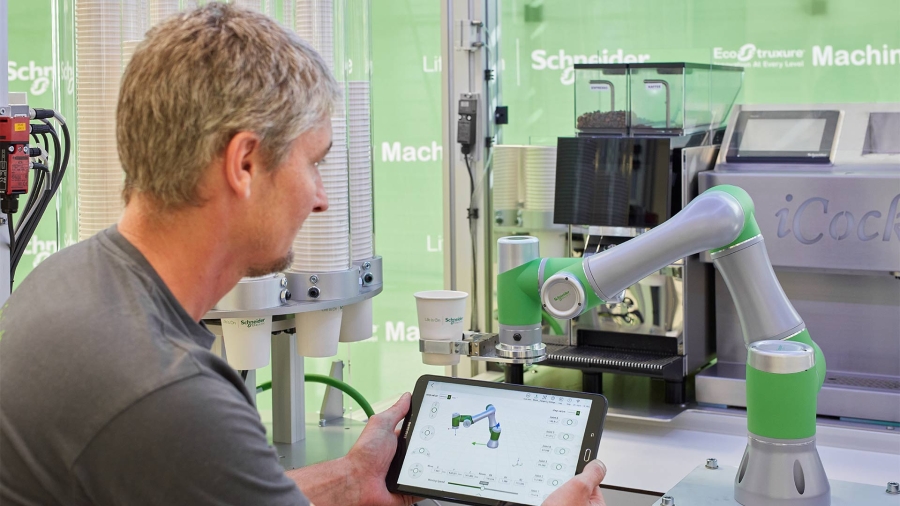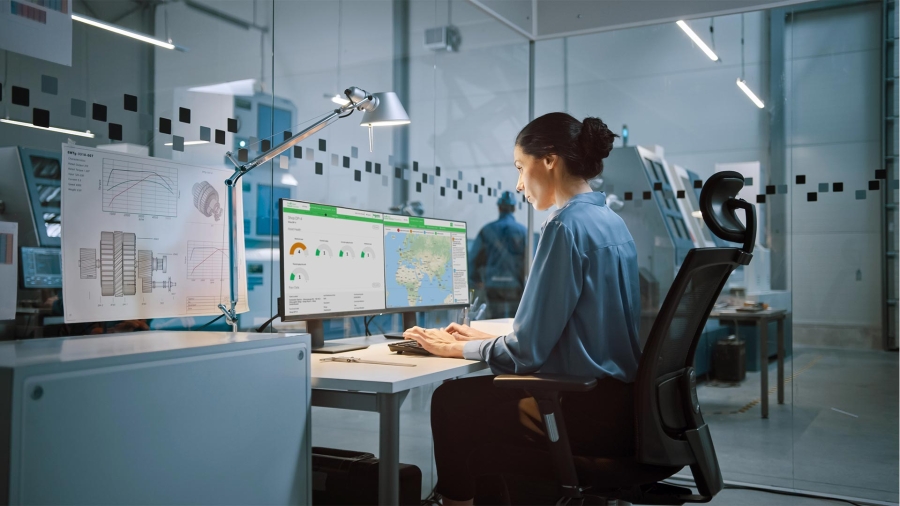In this new video series, we follow three industrial companies that are navigating their future in a time when industries are facing constant pressure to reduce total expenditure, optimize operations, and reduce carbon footprint.
For MHS Global, a global provider of material handling automation and software for distribution and fulfillment, parcel, e-commerce, manufacturing, and other industries, incorporating artificial intelligence and machine learning helps the company and its customers keep up with the increasing demands of production and shipping, cope better with labor shortages, and compete in the ‘now’ economy.
Kristiyan Georgiev, Computer Vision Team Lead, MHS Global, talks to us about a future including neuro-networks and "lights out" facilities – which are fully automated facilities where human hands never touch the product during the manufacturing process.
He discusses this future at the same time as cementing the need for people in manufacturing. Kristiyan says, “When I first heard that we potentially will have a self-driving car, my thoughts were: wow, what about all the taxi drivers, what about all the truck drivers? As now I am part of a company that creates automation, we still need a person to maintain the robots, to write and update software, and to annotate data. So part of the jobs that are low skilled labor will have an opportunity to become high skilled labor, which pays more.”
Hear more from Kristiyan and MHS Global in the first episode of Industries of the Future, created with our partner, Industrial Sage.














